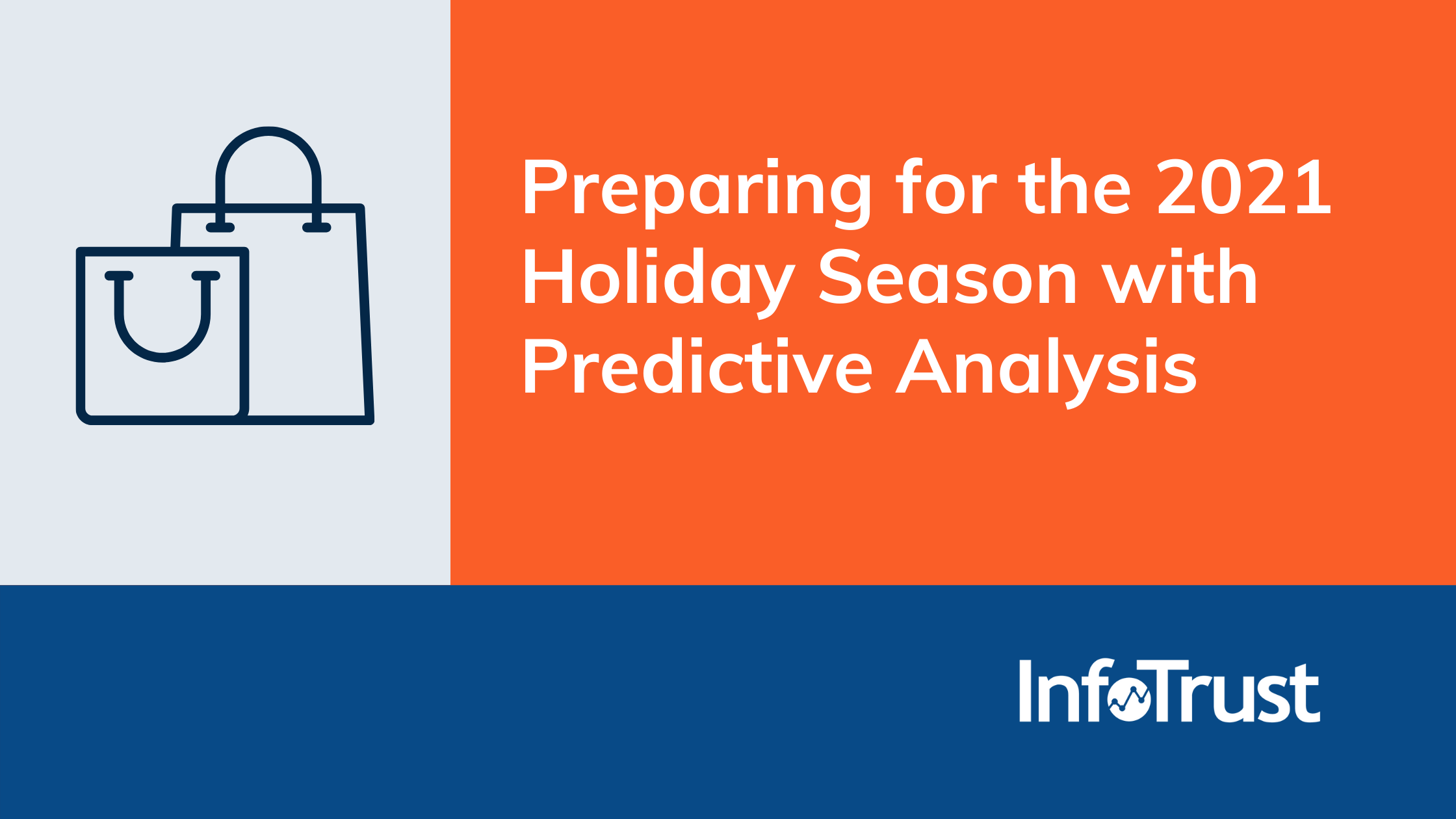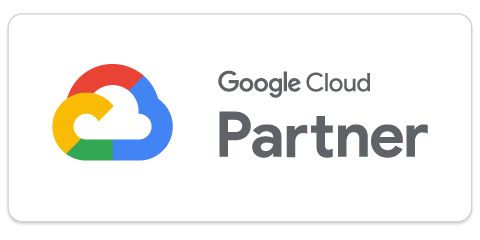For many of our B2C clients at InfoTrust, the holiday season can make or break their performance for the year. For this reason, it is very important that our partners have a comprehensive and fine-tuned strategy in place for their digital marketing campaigns so that they can drive the highest possible ROI. Today we’ll share numerous data science-powered strategies and techniques that retailers can use to optimize their marketing this holiday season.
Predictive Audiences
One way you can increase the return on ad spend of your campaigns is to use predictive audiences. Predictive audiences help businesses identify customers who are likely to convert based on relevant characteristics, such as their product preferences and spending habits. Predictive audiences are a great holiday strategy because:
- They are a proactive approach that anticipates how different segments of your customers will behave.
- They enable your marketing team to stay top of mind with customers during this busy time of the year by sending personalized messaging.
- They can help with acquiring lookalike customers of high value.
- They can help optimize the cost of acquisition.
What’s more, when you use capabilities like customer match, you have durable, cookie-free targeting that enables marketers to deliver targeted campaigns to audiences at scale and in a cost-effective way.
Common predictive audiences and types of predictive audiences that can be considered for your marketing strategy:
- Propensity modeling can be used for your retargeting efforts to drive any type of conversion.
- Customer lifetime value can help in retargeting, as well as the acquisition of new customers. Additionally, it can help in nurturing customer relationships at different stages of the customer lifecycle.
- Time to reorder is a solution that can enable marketers to reach customers when they’re likely to make their next purchase. We advise using these audiences in the new year to strategically re-engage those customers who purchased during the holiday season.
- Churn modeling can help prevent churn, as well as help marketers identify customers who have likely churned so that they are no longer included in campaigns.
Ads Data Hub
Ads Data Hub (ADH) is a new privacy-centric data warehouse from Google. It gives you the ability to analyze your data from Google Marketing Platform and join that data with your own first-party data. ADH houses the data from Google’s advertising platforms, including DV360 and Campaign Manager. ADH is a “data clean room” and accordingly, it enforces strict privacy controls to ensure that user-level data is not accessible to end business users like you and me. Instead of being able to see customer-level data, ADH allows you to see aggregate data, which then can be saved into your BigQuery instance in Google Cloud. In addition to opening the door for further analysis of your advertising campaigns, you can deep dive into the customer journey. These types of analyses and insights will lead to new audiences which you can then build directly in ADH and share with the advertising platforms for activation (no other integrations required).
Forecasting
Forecasting is a way of predicting what will happen in the future so that your business can make better decisions in the present. Forecasting can add value across an organization, especially during the holiday period:
- The marketing team can use forecasts to understand if they are on track to meet their sales targets or if they need to pivot their strategy.
- Forecasting can be used to predict revenue and other KPIs, as well as help predict the sales of a single product or multiple products at the same time.
- Additionally, forecasts can be set up as per business needs to show monthly, weekly, or hourly forecasts, with the main goal being to provide the business with the ability to take a very nimble approach to acting on their sales or campaign strategy.
Some of the common problems that forecasting can help businesses with is to respond quickly to current day trends in order to optimize on their campaigns in real time, which can help them meet important sales targets. Businesses that have physical warehouses can be informed of huge spikes in sales so that they’re better enabled to manage inventory. Overall, forecasting enables greater agility and provides a proactive approach to optimizing your sales and marketing strategy.
Regression-Based Attribution
Regression-based attribution can help marketers understand the impact of their marketing tactics and provide insights into how their campaigns may behave in the future (which enables future planning and optimization). We all see that the digital ecosystem is evolving, especially with the updates to user privacy laws, browser changes, and other regulations, which limits marketers’ ability to connect with customers. To adjust to this changing landscape, we advise that companies invest in their own first-party data, make sure that they have durable tagging in place, and start transitioning to attribution models that do not rely on third-party cookies. This is where regression-based attribution comes in as it provides a durable approach to attribution (unlike multi-touch attribution).
Regression-based attribution helps businesses answer the following questions:
- How do we attribute digital media to offline as well as online sales with cookie deprecation?
- How do we continue to understand the contribution of one marketing tactic versus the other?
In addition to providing the typical insights of an attribution model, like attributed conversions, the regression-based attribution model can be used for scenario planning to help you optimize your campaigns. You can forecast the impact of making changes to your media budgets across tactics and find opportunities for improvement in your current strategy. We advise using these insights to run tests to objectively measure the lift in ROI from these optimizations.
As you plan for the holiday season, use these strategies at different points over the next few months:
- Predictive audiences and ad strategies to get ready for the peak season.
- Forecasting to provide better visibility when you’re in the thick of it.
- Regression-based attribution to evaluate and give credit to your campaigns and test changes that you can use in the new year.
Still want to know more about how to prepare for the holiday season?




